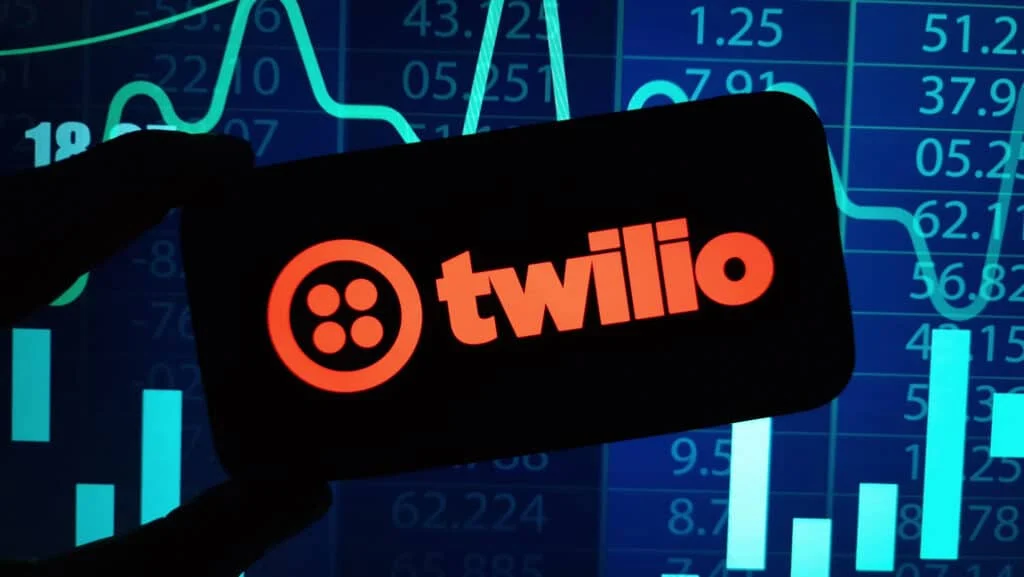The News: Microsoft announced fiscal first quarter (Q1) earnings, and the standout was the performance of Microsoft Cloud. The full earnings press release is available on the Microsoft website.
By the numbers:
- Earnings: $2.99 per share versus $2.65 per share as estimated by LSEG
- Revenue: $56.52 billion versus $54.50 billion as estimated by LSESG
- Operating income was $26.9 billion and increased 25% (up 24% in constant currency)
- Net income was $2.99 billion and increased 27% (up 26% in constant currency)
Microsoft Q1 2024 Earnings Outperform Expectations
Analyst Take: Microsoft reported fiscal Q1 earnings that outperformed analyst forecasts across several measures. The company posted overall revenue of $56.5 billion, up 13% (up 12% in constant currency), which was led by growth from Microsoft Cloud, which grew 19% to $24.3 billion during the quarter. Microsoft posted diluted earnings per share (EPS) of $2.99, an increase of 27% (up 26% in constant currency), also exceeding analysts’ expectations.
Microsoft Cloud Driving Revenue Growth
Like other large enterprise hyperscale companies, cloud remains an integral element of the company’s strategy, and Microsoft Cloud’s strong performance serves as evidence that the company’s aggressive approach to driving revenue in the segment is working. Server products and cloud services revenue increased 21%, driven by Azure and other cloud services revenue growth of 29% (up 28% in constant currency).
The increase in Azure revenue reverses a negative trendline from previous quarters, which had overshadowed largely positive results from other business units. Notably, Microsoft indicated that the growth in cloud is due in part to Azure Arc, the company’s centralized management platform that allows organizations to manage multicloud and on-premises management environments, which now boasts more than 21,000 customers, which include Carnival Corp., Domino’s, and Thermo Fisher. According to CFO Amy Hood, Microsoft is targeting 26% to 27% constant currency Azure revenue growth for Q2 2024.
Productivity and Business Processes
Microsoft recorded Productivity and Business Processes revenue of $18.6 billion for the quarter, an increase of 13% (up 12% in constant currency) compared with the same period a year ago. Notably, Office Commercial products and cloud services revenue increased 15% (up 14% in constant currency), driven largely by Office 365 Commercial revenue growth of 18% (up 17% in constant currency).
Within the Office Consumer products and cloud services segment, revenue increased 3% (up 4% in constant currency), and Microsoft 365 Consumer subscribers increased to 76.7 million. Meanwhile, Dynamics products and cloud services revenue increased 22% (up 21% in constant currency) driven by Dynamics 365 revenue growth of 28% (up 26% in constant currency). LinkedIn revenue also increased by 8%.
Revenue in More Personal Computing, which includes Windows and Xbox content and services, increased 3% (up 2% in constant currency) to reach $13.7 billion. One negative spot within this segment is a 22% decline in devices revenue, which is the result of the company’s focus on higher margin premium products.
AI Fuels Growth Now and in the Longer Term
AI has become the engine powering Microsoft’s strong growth, with the company infusing AI across its Azure cloud platform, productivity applications, and Copilot options for Dynamics, Teams, and Microsoft 365. Microsoft’s use of a full-stack approach to deploying AI, including the use of a common reference architecture, enables a high degree of leverage, providing one large model that was trained and used for inference across all its first-party software as a service (SaaS) apps, its API in Azure AI service, or through Copilot. Ultimately, that means that no matter how customers are using the AI infrastructure, it will translate into revenue.
Looking Ahead
With the most recent quarter in the books, Microsoft continues to display strength across its operating portfolio, and offered fiscal Q2 revenue guidance between $60.4 billion and $61.4 billion, reflecting growth of 15%. If achieved, this would surpass LSEG analysts’ expectations of $60.9 billion.
Microsoft CEO Satya Nadella laid out Microsoft’s three key priorities for the near future, which include focusing on customers to help them expand the breadth and depth of their use of Microsoft Cloud, infusing AI across every layer of the tech stack, and driving operating leverage. The company projects that for Intelligent Cloud, revenue will grow 17%-18%, or $25.1 billion to $25.4 billion, with growth in constant currency approximately 1 point lower.
Ultimately, Microsoft has put together a very strong quarter, driven by a commitment focused on a two-pronged approach of AI infusion across its offerings while shifting revenue to its hybrid and cloud products. These two strategies are highly complementary, and the coming general availability of Microsoft 365 Copilot in November will serve as a continuous growth engine moving forward, along with an increase in Azure consumption business.
Based on these results, Microsoft has, for the most part, answered any concerns about its cloud strategy in the near term, and we expect another strong quarter moving forward, particularly as the company continues to demonstrate it can execute on its strategy even amid economic uncertainty.
Daniel Newman discussed Microsoft’s latest earnings on Bloomberg Technology TV. Check it out here:
Disclosure: The Futurum Group is a research and advisory firm that engages or has engaged in research, analysis, and advisory services with many technology companies, including those mentioned in this article. The author does not hold any equity positions with any company mentioned in this article.
Analysis and opinions expressed herein are specific to the analyst individually and data and other information that might have been provided for validation, not those of The Futurum Group as a whole.
Other insights from The Futurum Group:
Microsoft Viva Launches AI-Driven Skills Service; Viva Amplify Now Available
Microsoft Copilot Will Be the AI Inflection Point
AI Lifts Microsoft to Highest-Ever Earnings Results, Fueled by AI








